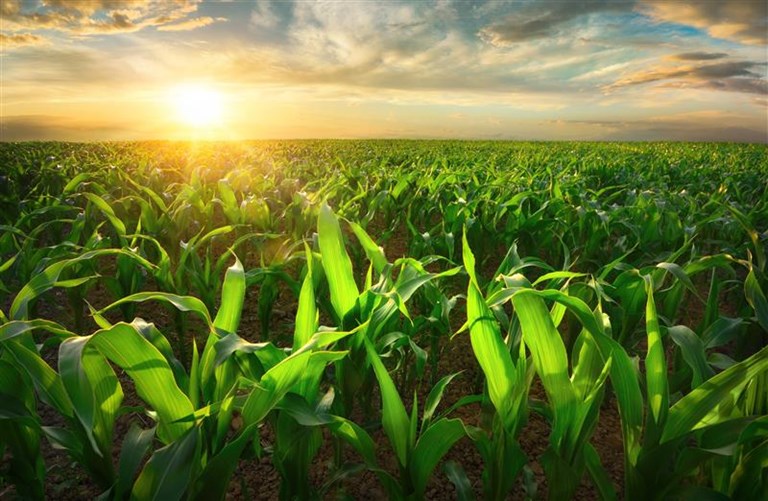What's the Importance of Agrifood Certification?
Discover how certification from Kaixin and testing from Baier work hand in hand to safeguard agrifood safety on a global scale.

Agrifood certification ensures that food products and production processes meet specific standards for safety, quality, and sustainability. As consumers become more discerning about the food they consume, and as international trade continues to expand, certifications and testing provide the necessary assurance to consumers, retailers, and regulators. These measures are essential for maintaining public health, supporting market access, and fostering trust across the food supply chain.
Reassuring Consumers and Building Trust
The increasing frequency of food safety scandals—ranging from contamination incidents to misleading labeling—has heightened consumer awareness about the safety and quality of the food they buy. In this environment, food certification and testing are more important than ever. Certified food products provide a guarantee that they meet recognized safety standards, offering consumers peace of mind that the food they consume is free from harmful substances and produced under ethical conditions.
Certification also extends beyond safety concerns; it assures consumers that the food meets certain quality expectations. Whether it’s organic, fair trade, or non-GMO certifications, these labels help consumers make informed choices that align with their values. This level of transparency is key in building long-term trust between producers and consumers, especially as food scandals continue to make headlines.
Expanding Market Access
Agrifood certification opens the door to global markets, allowing producers to expand their reach and access new opportunities. Many countries and retailers have specific certification requirements for imported food products, especially when it comes to food safety standards. For instance, the European Union and the United States have stringent regulations governing food safety, and certification is often a prerequisite for entering these markets. By obtaining certifications, producers can ensure compliance with these regulations, making it easier to access international markets and establish relationships with global buyers.
Furthermore, certification helps producers meet the varying regulatory requirements of different countries. With certification, food producers can simplify the complex process of complying with multiple standards across borders. It is particularly important in regions with diverse regulatory landscapes, where failing to meet even a single requirement could delay or prevent market entry.
The Value of Integrating Certification and Testing
While certification sets the benchmark for food safety and quality, it is testing that provides the scientific validation required to ensure those standards are met. By combining certification with testing, food producers can create a robust and comprehensive approach to food safety that addresses every step of the food production process.
The synergy between Kaixin’s certification services and Baier’s testing capabilities offers several advantages for food producers and consumers alike:
A Holistic Approach: Certification establishes the necessary standards, while testing provides the critical data that validates those standards. Together, they form a dual-layered safety net that protects public health and ensures food quality.
Continuous Improvement: Testing allows for real-time monitoring of food products, identifying potential risks before they become major issues. The feedback generated through testing leads to continuous updates in certification standards, ensuring that food safety measures evolve in response to emerging risks, new scientific findings, and technological advancements.
Transparency and Traceability: Integrated certification and testing systems enhance the transparency of the food supply chain. From farm to table, consumers and regulators alike can trace food products back to their source, ensuring that they meet safety and quality standards at every stage. Visibility makes it easier to identify and address problems quickly, minimizing the impact of potential issues.
Final Thoughts
Agrifood certification, when integrated with rigorous testing, provides a powerful framework for ensuring the safety, quality, and authenticity of food products. The combination of Kaixin’s certification services and Baier’s testing capabilities creates a comprehensive solution that benefits producers, retailers, and consumers. By fostering transparency, improving food safety, and facilitating international trade, certification and testing help build a food system that consumers can trust.
As the global food supply continues to face new challenges—from climate change to evolving food safety threats—adopting advanced technologies and harmonizing certification standards will be essential. By embracing these innovations, we can strengthen food safety systems and create a safer, more sustainable food supply for the future. Whether you are a food producer, retailer, or consumer, understanding and supporting the value of agrifood certification will play a crucial role in ensuring a healthier, more resilient food system for all.
Contact us today to learn more about our agrifood certification and food testing services.

